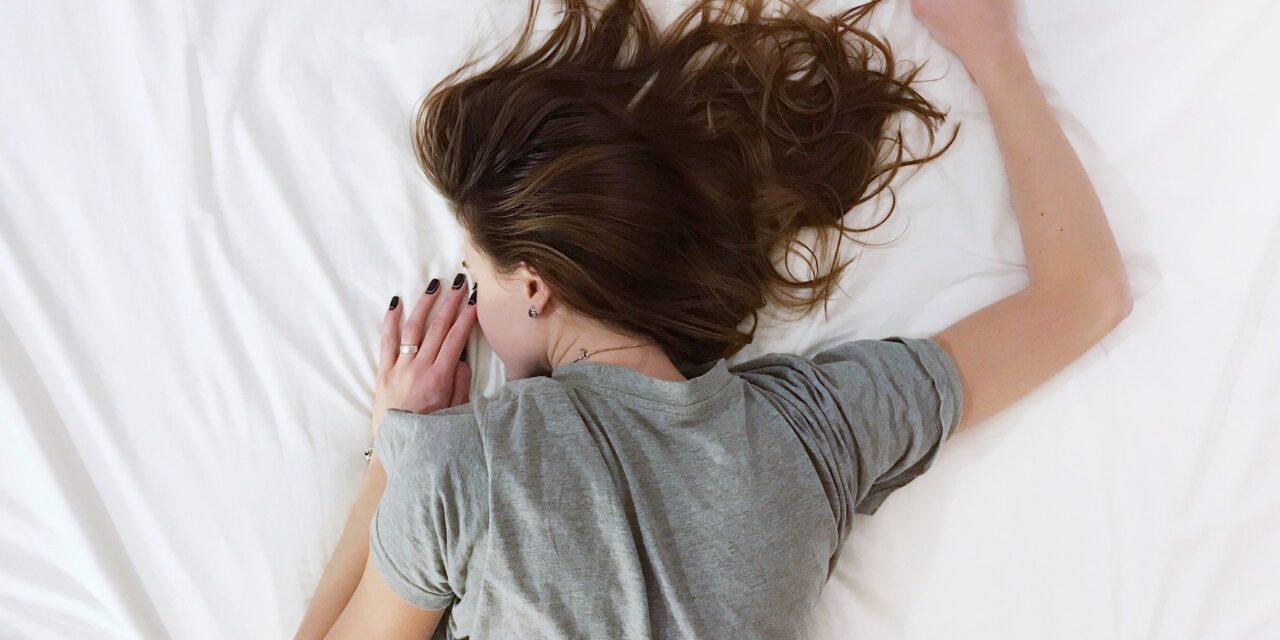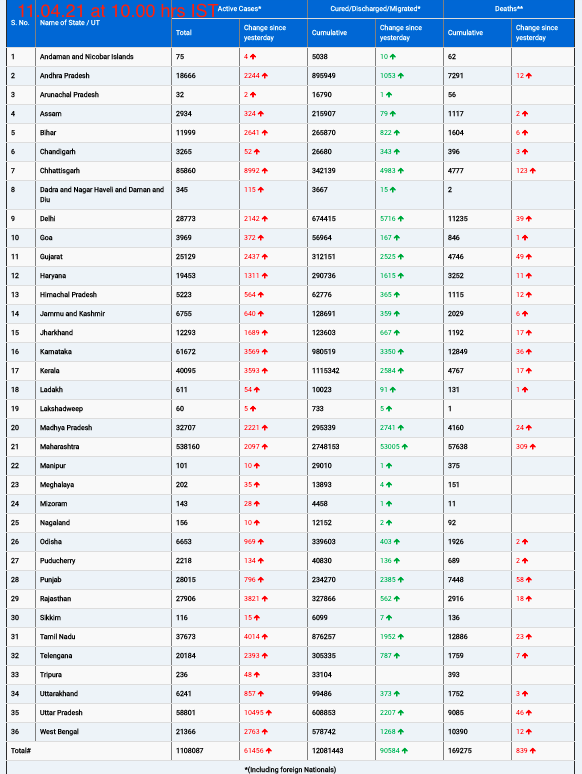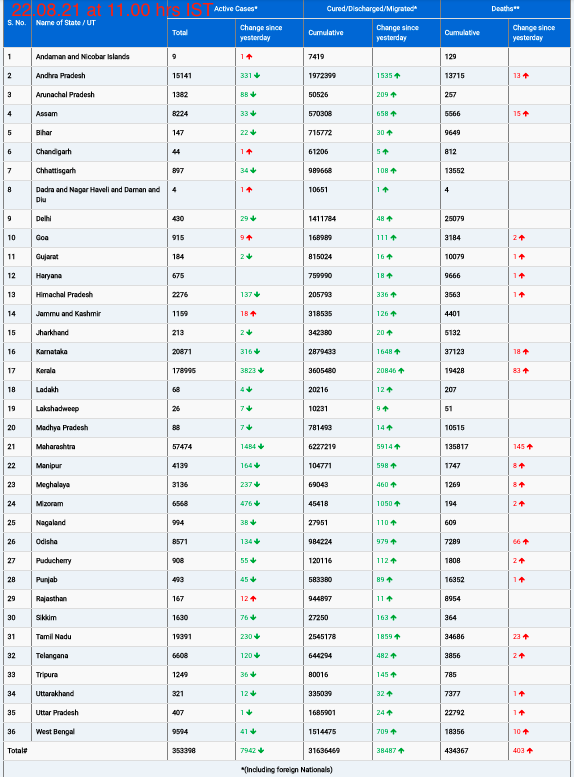The quest for a good night’s sleep has led many Americans to explore various sleep hacks trending on social media. A recent survey by the American Academy of Sleep Medicine (AASM) reveals that 37% of Americans have tried at least one of this year’s trending sleep practices, with Gen Z being the most active in this pursuit.
Despite the growing interest, experts caution that not all sleep hacks are beneficial. Dr. Anne Marie Morse, a sleep medicine physician at Geisinger and spokesperson for the AASM, emphasizes that while online resources can be empowering, not all advice fits every individual. Here’s a closer look at three popular sleep hacks and expert-recommended alternatives:
1. Bed Rotting
What It Is: “Bed rotting” involves spending extended periods in bed, often neglecting responsibilities and social interactions, with the hope of boosting rest and recovery. Nearly 24% of Gen Z respondents have adopted this practice.
Expert Opinion: Dr. Morse warns that while some bed rest is beneficial, excessive time in bed can adversely affect mental and physical health. “Prolonged periods of lying in bed can condition your mind to associate the bed with negative emotions, leading to difficulties falling and staying asleep,” she explains. Additionally, excessive inactivity can result in muscle atrophy, decreased cardiovascular fitness, and increased obesity risk.
Alternative: Instead of “bed rotting,” Dr. Jade Wu, a sleep medicine psychologist, recommends finding a quiet change of scene in nature, practicing mindfulness, or engaging in relaxing activities like reading. These methods can offer mental and physical refreshment without the negative impacts associated with extended bed time.
2. Drinking Magnesium “Sleepy Girl Mocktail”
What It Is: This trending drink combines tart cherry juice, magnesium powder, and sparkling water, with the aim of improving sleep quality. Approximately 9% of survey respondents have tried this.
Expert Opinion: Dr. Morse acknowledges that magnesium is important for neurologic functions and can influence sleep, but research results on its effectiveness are inconsistent. Some studies suggest benefits from higher doses, but larger trials have not confirmed a strong correlation between magnesium supplementation and improved sleep quality. Additionally, excessive magnesium intake can cause digestive issues like loose stools or diarrhea.
Alternative: Before trying magnesium or other supplements, Dr. Morse advises consulting with your doctor to discuss potential benefits and side effects. Your healthcare provider can recommend more effective and personalized solutions for sleep issues.
3. Sleeping in 90-Minute Increments
What It Is: The idea is based on aligning sleep with the 90 to 120-minute sleep cycles to improve restfulness. About 9% of survey participants have experimented with this approach.
Expert Opinion: Dr. Morse points out that sleep cycles vary from person to person, and focusing on 90-minute increments might not be as effective as prioritizing a full night’s rest. Dr. Wu adds that for daytime naps, aiming for 30 minutes is optimal, as longer naps can negatively impact nighttime sleep and increase long-term health risks.
Alternative: Dr. Morse recommends establishing a regular sleep schedule, aiming for seven to nine hours of sleep per night. This approach is likely to yield better results than trying to synchronize sleep with specific cycle lengths.
Helpful Sleep Habits to Consider
If sleep challenges persist, consider these evidence-based strategies:
- Identify Underlying Issues: Understand what may be contributing to sleep problems rather than forcing sleep solutions.
- Bright Light Exposure: Spend time outdoors and get plenty of natural light during the day.
- Consistent Sleep Schedule: Go to bed and wake up at the same time each day to regulate your body’s internal clock.
- Good Sleep Hygiene: Create a relaxing bedtime routine, keep the bedroom quiet and cool, and limit evening light exposure.
- Consult Your Doctor: Discuss any sleep hacks or concerns with your healthcare provider to tailor solutions to your specific needs.
As appealing as sleep hacks might be, focusing on proven, sustainable strategies is likely to lead to better sleep health.











